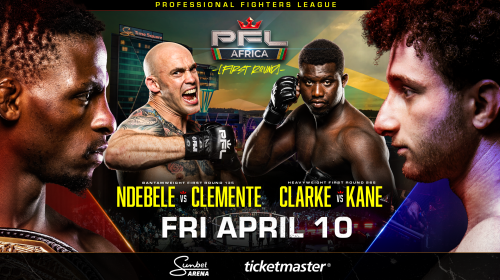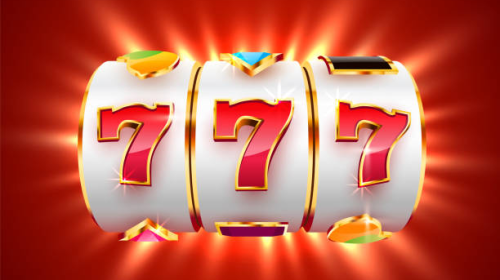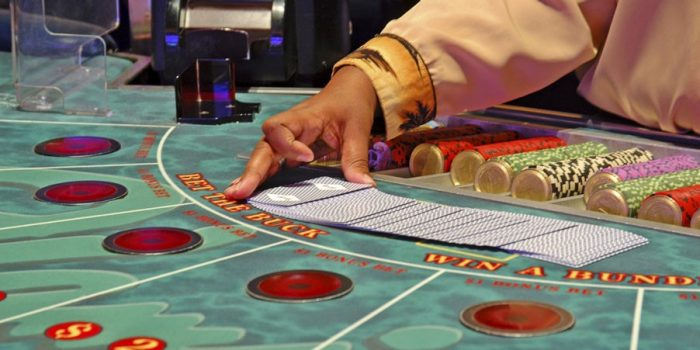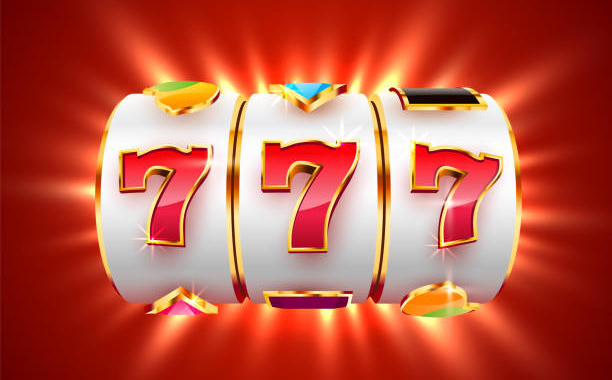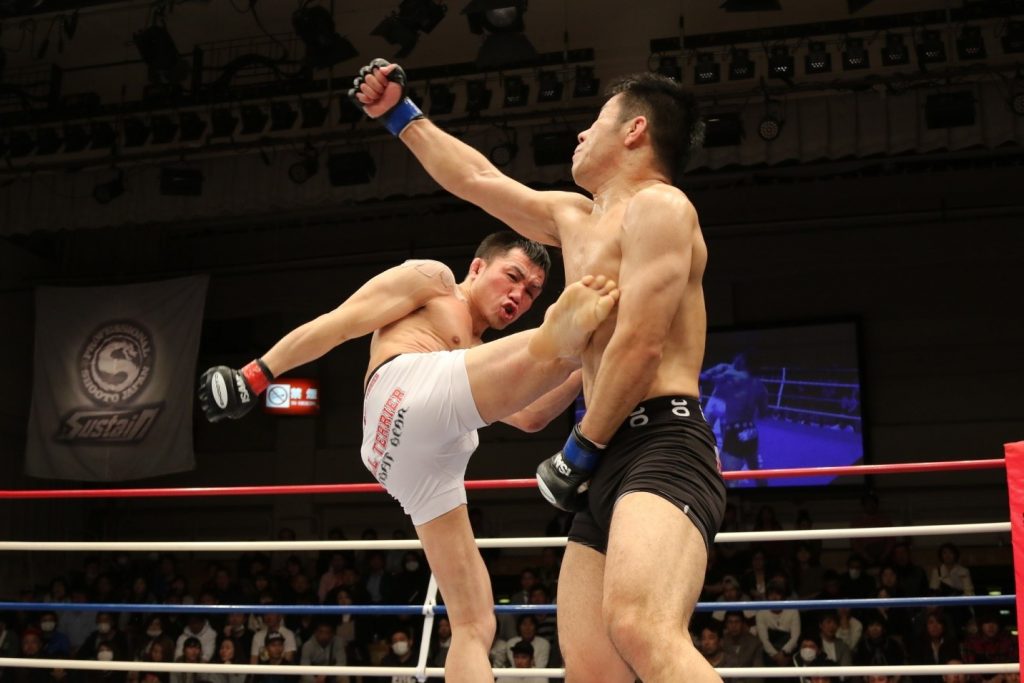
How MMA fighters deal with pain during and after fighting
Have you ever imagined yourself in the MMA championship as one of the fighters? Many people shy away from MMA because the truth is that you’ll get hit a lot. Most beginners don’t understand why they need to get used to getting hit and the aftermath of pain. The veterans have already mastered it well, and that’s why you see them fighting for years on, with some boxers even coming from retirement to compete. For instance, former boxing champion Mike Tyson just announced that he’ll come back from retirement, at the age of 54, to participate in a fight against Roy Jones Jr. The match will take place in Los Angeles on September 12, 2020.
Before indulging in the pain, it is essential to note that MMA can be a lucrative career if you put in hard work and commitment. If you have the passion and talent, it can be your way out to buy that condo property at the beach. Just remember to reach out to reputable dealers like movoto for a great variety to choose from. Remember, you need a house that depicts luxury and opulence, where you’ll forget about all the boxing pain the minute you immerse yourself into its ambiance.
Pain management in MMA will vary from one player to another, but veterans tend to master the art well than beginners. To understand it well, let us see what happens to your body if you get hit. Check out on the following reactions:
- Body reflexes
While body reflexes might seem like the best thing to enhance to avoid severe injuries, they actually give your opponent time and room to punch you more. Everyone has body reflexes, and they’ll all occur depending on how you train yourself. For instance, when a punch is thrown into your eyes, you’ll find yourself leaning backward or closing the eyes. Leaning backward is okay, but closing your eyes for a reflex move isn’t encouraged at all.
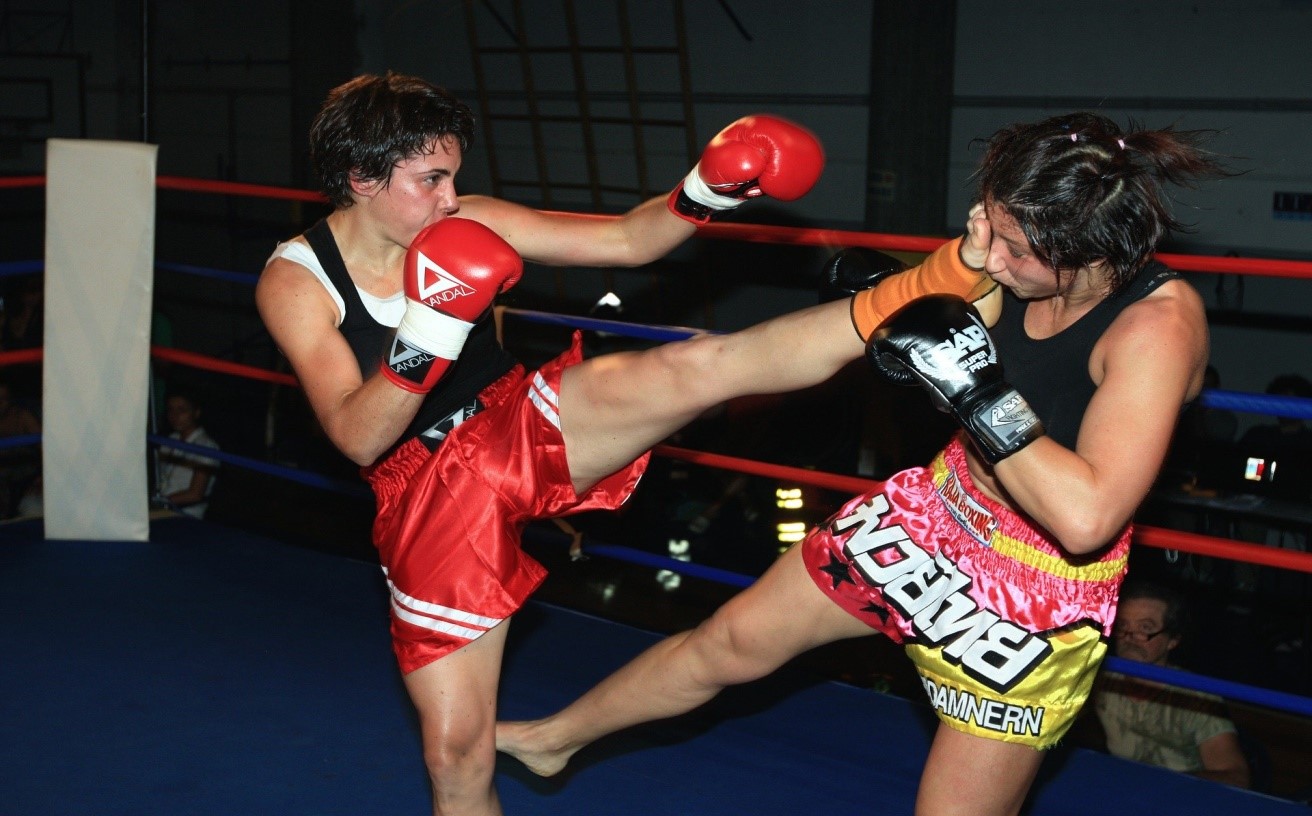
Moreover, if you move your arms carelessly for a reflex, it leaves more room for punches to land on you.
- The physical reaction
Physical reactions of the body will range from one person to another, but in beginners, they’ll mostly end in bruises or minor injuries. If you are hit in the yes, 98% chances are that your sockets will close to protect the eyes and so you’ll not suffer a major blow, only parts, and swollen muscles. You must know that inflammation is common in boxing, and if you are beginner, don’t over-rely on painkillers because you can’t take them for the rest of your career. Instead, focus on training hard so that you can improve on pain tolerance.
- Psychological reactions
If you are a beginner, there is a high likelihood that you’ll be gripped with fear and panic the moment you start doing physical sparring. The adrenaline in your body might react in various ways, something that you don’t have control over. Therefore, you must train yourself to take charge of emotions and thoughts. In other words, you must learn how to live with the pain because it is inevitable in as far as flourishing in your career is concerned.
Here is a guide on how to deal with pain after training and fighting:
- Severe injuries
Severe injuries will definitely require that you visit a physician and take some days off if not weeks, depending on the extent of the injuries. However, it is important to note that severe injuries are not that common because MMA has strict rules that ensure both players’ safety. Don’t push your training with severe injuries because they’ll just make matters worse.
- Small injuries
Small injuries are manageable, and they can be handled right after the match with basic first aid kits. For instance, placing an ice bag on the affected area sounds like a good plan as it will help manage the inflammation and keep you in shape for the next action.
- Soreness
Soreness shouldn’t hinder you from training as it will only be prevalent if you are a beginner. Train hard and do enough stretches and warm-ups before training or a match. We also recommend that you get used to long warm baths.
Lastly, it is important to note that great experience in the game comes with learning how to deal with pain as a beginner. Don’t try to prove that you are a tough guy because it might only result in more injuries. If you train and spur with someone more skilled than you, the chances are that you’ll get hurt. If you get a blow, take your time out to recover and come better. You should avoid and block any punch/kick directed to your nose and liver because they hurt the most. Veterans recommend that you should always keep your chin tucked and elbow flexible to block any force. It also doesn’t make you weaker when you take even a week off to recover from resinous injuries.














